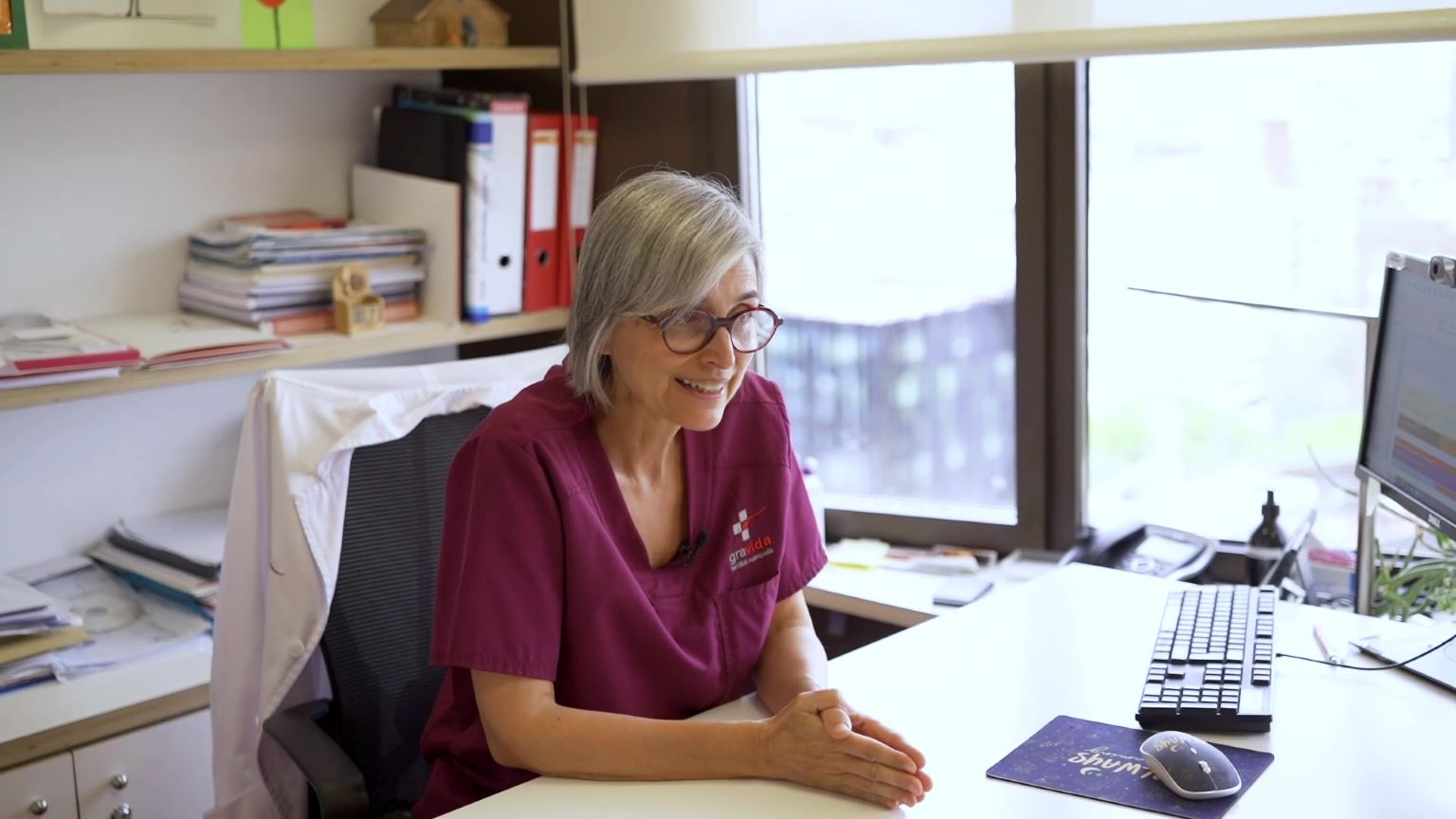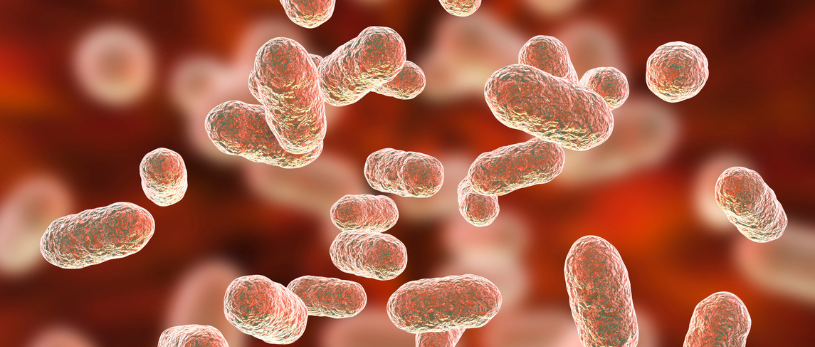The first visit to an Assisted Reproduction clinic is a crucial step in any woman’s journey to motherhood. It is the starting point where vital information is gathered to guide the treatment and future decisions. At Gravida, we understand the importance of this first visit and strive to ensure that each patient receives a thorough and personalized evaluation. Below, we detail what women can expect during their first visit to Gravida.
Anamnesis: Comprehensive Medical History
Anamnesis is a detailed interview that allows our gynecologists to obtain a complete picture of the patient’s reproductive health. During this phase, there will be consultations about:
- Reproductive history: Previous pregnancies, spontaneous abortions, fertility treatments, among others, will be reviewed.
- Menstrual cycles: Regularity, duration, and any anomalies will be analyzed.
- Infertility duration: How long the patient has been trying to conceive without success.
- Medical and surgical history: Any previous illness or surgery that may affect fertility.
- Medications and allergies: It is crucial to know any medication being taken and potential allergies.
- Lifestyle: Tobacco, alcohol, and drug consumption can influence fertility.
- Family history: Genetic conditions or fertility problems in the family.
Physical Examination
This phase includes a comprehensive physical review to identify potential physical problems that may affect the ability to conceive:
- Body Mass Index (BMI): An extremely high or low BMI can influence ovulation. If you want to know more about this topic, we recommend this post.
- Signs of hyperandrogenism: Such as excess hair or acne, which may indicate a hormonal imbalance.
- Mammary, abdominal, and pelvic examinations: To detect any anomalies.
Ovarian Reserve Markers and Hormonal Analysis
Tests are conducted to assess the quantity and quality of available eggs:
- Blood analysis:
- To determine levels of FSH, LH, and estradiol. This hormonal analysis should be performed between the 2nd and 4th day of the cycle.
- To determine the level of anti-Müllerian hormone (AMH). Unlike the previous hormones, with AMH, it is not necessary to wait for a specific moment in the menstrual cycle, as this hormone does not undergo significant variation during the month and proves to be the most reliable hormonal marker for ovarian reserve. If you want more detailed information about AMH, we recommend reading this post.
- Antral Follicle Count (AFC): Performed through transvaginal ultrasound to assess the quantity of eggs.
Evaluation of Uterine Cavity and Tubal Patency
It is essential to evaluate the uterus and fallopian tubes:
- Transvaginal ultrasound: Allows for the assessment of uterine morphology and detection of pathologies.
- Hysterosalpingography (HSG): Is the preferred test to study the tubes and confirm their patency. However, it is important to mention that HSG is not always requested, as its necessity varies depending on the case and initial evaluation.
However, as a picture is worth a thousand words, we invite you to experience a first visit at Gravida through this video.
At Gravida, we know that each woman is unique. Therefore, this first visit is essential to design a personalized treatment plan. Infertility can be a challenging journey, but with the right support and a thorough evaluation, we are here to help you at every step of the way.
If you have any questions, feel free to contact us.
- Call us at +34 932066489
- Send us an email at internacional@gravidabcn.com
- Submit a form through this link.





